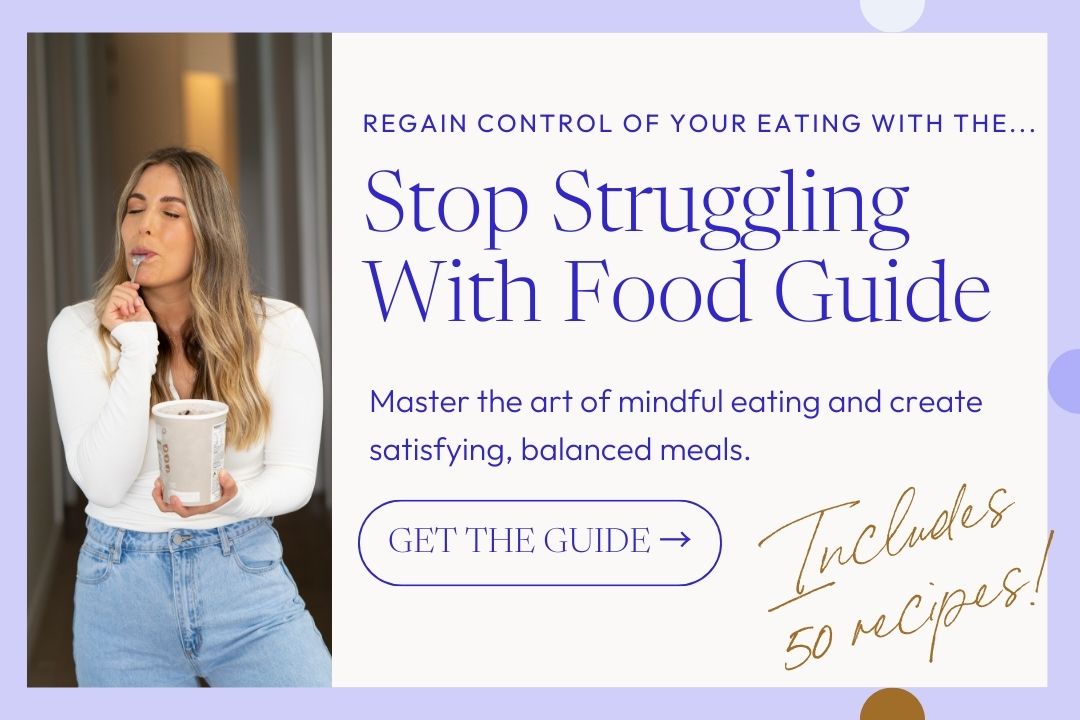When you hear “Weight Watchers,” what comes to mind? Perhaps it’s the glossy magazine covers with incredible before-and-after photos, promising a journey of transformation and newfound health. But peel back the shiny exterior, and you’ll uncover a different story- a story of shame, obsession, and never-lasting weight loss.
Many of us keep our Weight Watchers struggles close to our chests. We blame ourselves when things don’t go as planned, thinking it’s our fault for not sticking to the program. But what if it’s not us? What if it’s the diet itself that’s flawed?
Note: For legal reasons, this post is based on personal experiences from others.
Weight Watchers isn’t just a diet – it’s a lifestyle
It’s like stepping into a world where the promise of a slimmer, healthier you is dangling in front of you, just out of reach.
But here’s the thing: that promise often comes with a hefty price tag of pressure and anxiety. From meticulously tracking points to navigating social events with a mental checklist of approved foods, every aspect of life becomes intertwined with the program. Not to mention the overwhelming pressure to ‘be good’ and adhere to the plan, overshadowing the joy of eating and living freely.
The weight of self-worth
The weekly weigh-in is meant to track progress, but for many, it’s just stressful and scary.
Weight Watchers meetings often revolve around discussing low-calorie snacks, which sadly becomes a way people bond. Can you image? Where the topic of conversation is how many points are in a banana?
Then there’s the free lifetime membership when you get to your goal weight and you’ve stayed in maintenance for a certain amount of time. It’s the pinnacle of achievement for those striving to hit their goal weight. But here’s the catch: one misstep, one kilo gained, and that lifetime membership slips through your fingers.
It’s a cycle that leaves many questioning their worth. As if a number on a scale could dictate their value. Hint: it can’t.

Obsessive calculations
Weight Watchers’ point system is like a game, but with your food. Every food has a point value, and you’re supposed to stay under a certain number of points each day. Not only does the point system make you obsess over everything you eat, you’re constantly calculating points in your head. Trying to stay within your limit. It’s like having a mental calculator that never shuts off.
And then there’s the issue of variety. Sure, Weight Watchers gives you a list of foods and their point values, but it’s limited. You end up eating the same things over and over again because they’re low in points. Now if you want go out with friends for dinner, you’re faced with foods that aren’t on your approved list. So what do you do? Do you ‘indulge’ and risk going over your points, or do you stick to your plan and feel deprived?
This takes a massive emotional toll. Every time you go over your points or eat something “off-limits,” you feel like you’ve failed. It’s a constant cycle of restriction and guilt. And that’s just not healthy. Remember: Eating healthily shouldn’t feel like a numbers game.
While Weight Watchers’ point system may seem like a simple solution, it’s completely unsustainable in the long term.
The blame game
One of the biggest problems with Weight Watchers is how it makes its members feel. The coaches always talk about personal responsibility and willpower. Making people feel like it’s their fault if they don’t succeed. It’s like they’re saying, “If you just tried harder, you could lose weight”.
But really, we know it’s not that simple.
Support or setback?
Weight Watchers talks a big game about support and community, but it doesn’t help people through the ups and downs of losing weight and keeping it off. Instead of giving solid advice, they often just offer empty words that don’t really help. So, members end up feeling lost and confused, trying to figure it all out on their own in a world of mixed messages and impossible goals.
When it comes to cancelling a Weight Watchers membership, it’s not just about logistics; it’s also emotional. The process is set up to make it hard for you to leave, making you feel like once you’re in, you’re stuck for life.
Even Oprah Winfrey, with all her wealth and influence, couldn’t escape the clutches of Weight Watchers’ yo-yo dieting cycle. Her endorsement may have swayed many, but it serves as a reminder that even the most powerful among us are not immune to the allure of quick fixes and false promises.

Choosing compassion
What if the problem isn’t with the members, but with the program itself? What if the relentless focus on weight as the sole measure of success is not only misguided, but harmful? What if true health is more than just a number on a scale?
It’s time to redefine what success looks like on your own terms. Prioritise self-love and acceptance above all else. Because maybe, just maybe, real health isn’t found in a points system or a lifetime membership- it’s found in building healthy habits that are both doable and enjoyable. And actually make you feel good.
If you’ve struggled with Weight Watchers or any other diet, know this: you haven’t failed. The diet failed you.
